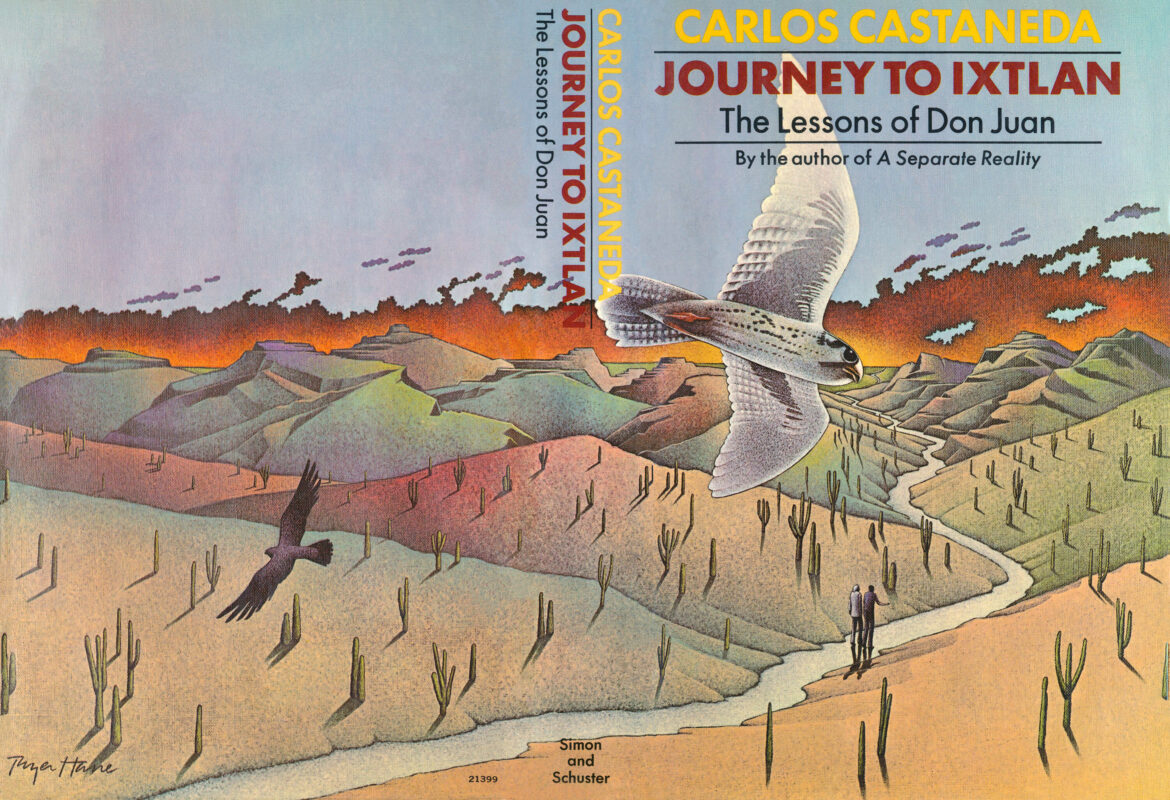Part One: Stopping the World – Becoming Accessible to Power
Following a revelatory peyote experience that marks him as “chosen,” Castaneda is guided by Don Juan onto the warrior’s path, where “dreaming” is revealed not as fantasy but a tangible realm for accumulating power and discerning reality. Don Juan instructs Castaneda on the discipline required to “set up dreaming” and become “accessible to power” through conscious engagement. This culminates in a practical, yet unsettling, lesson at a “place of power” where Castaneda confronts a seemingly monstrous, dying creature, ultimately rationalizing it as a burnt branch, prompting Don Juan to explain that Castaneda missed a vital opportunity to “stop the world” by failing to sustain his perception of the power-infused object.
Part One: Stopping the World – Becoming Accessible to Power Read More »
